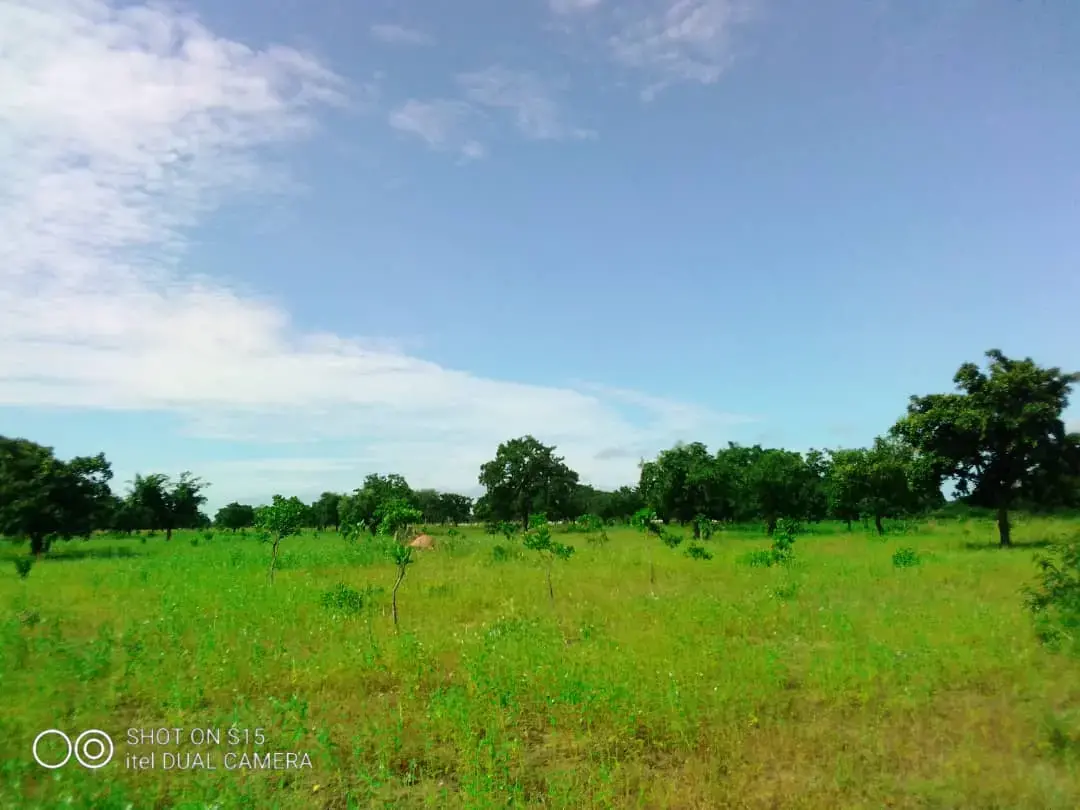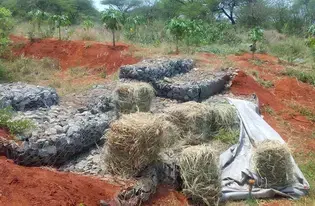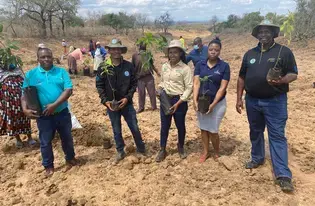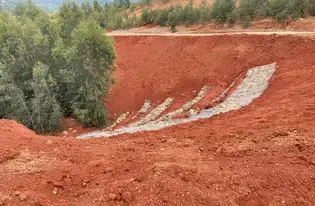The Mouvement Alliance Paysanne du Togo (MAPTO) is using its 20 years of experience business to mentor the younger generation on environmentally-friendly farming practices. Their aim is to mitigate the environment degradation caused by the deterioration of the natural resources. MAPTO is a community organization that was created in 2003 by small farmers and producers of agricultural products. At the time they wanted MAPTO to be a syndicate that advocated for farmers who feel they were not well remunerated for their produce.
As the organization grew, they realized that their activities, which mainly depended on cutting trees, were harming the environment. They decided that they would start fighting the deforestation, advocate for banning businesses that rely on cutting trees and support local farmers to rehabilitate and reforest their land. “We had to change our mindset and be at the forefront of that change. It was very important for the community to witness that they actually could benefit restoring the ecosystem,” says Bronkom Kpakpabia, the coordinator of MAPTO.
MAPTO members have so far planted a combined 800,000 trees across more than 1,500 hectares. With a grant from TerraFund for AFR100, an initiative of World Resources Institute, One Tree Planted, and Realize Impact that finances Africa's top restoration enterprises and projects, they are extending their activities to rocky and dry sites near the city of Dapaong. They are planting tree crops that can be sold on the market, such baobab, moringa and neem. “More and more, members are engaging in agro-ecology by developing agroforestry and doing individual restoration initiatives, such planting trees and replanting degraded lands,” says Kpakpabia.
Community members like Lalle Gountante, who grow these important trees, say that working with MAPTO has increased their knowledge and earnings. “MAPTO allowed me to familiarize myself with the environment, and it helped me earn more. Today, I can sell eight times more of my production compared to what I sold before collaborating with MAPTO,” he says.
Key to MAPTO’s success is its engagement with traditional and customary authorities, who help communicate its message in language that local people understand. This helps them avoid any skepticism or resistance to their work. “The community easily adheres to the work we do because the elected officials are selected by them even before these activities start. They actively participate in defining actions and the choice of beneficiary sites through participatory diagnoses,” asserts Kpakpabia. They were once farmers who just wanted to make a living. Today, they are advocates that nature can thrive and the community can survive without destroying it.




